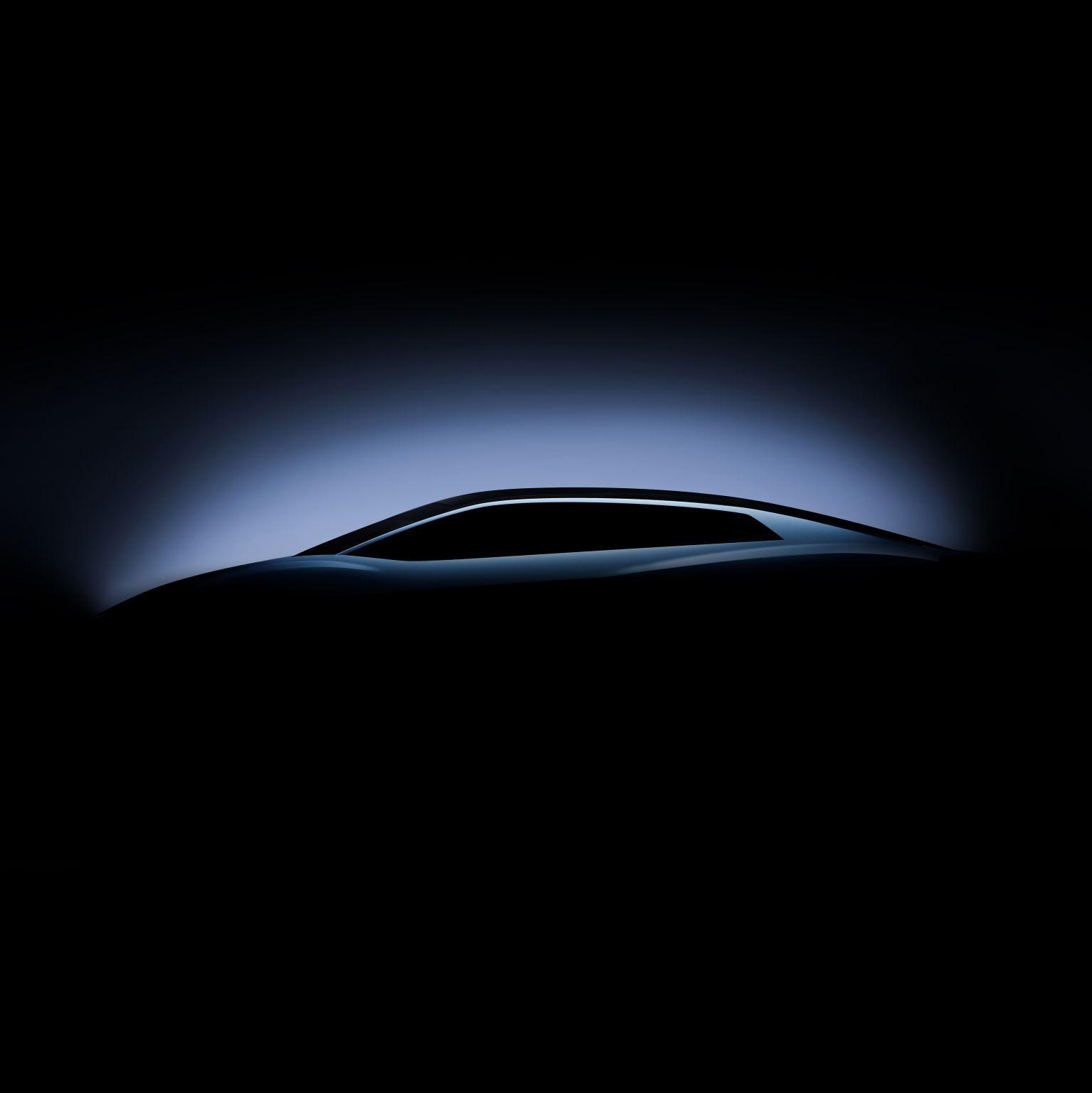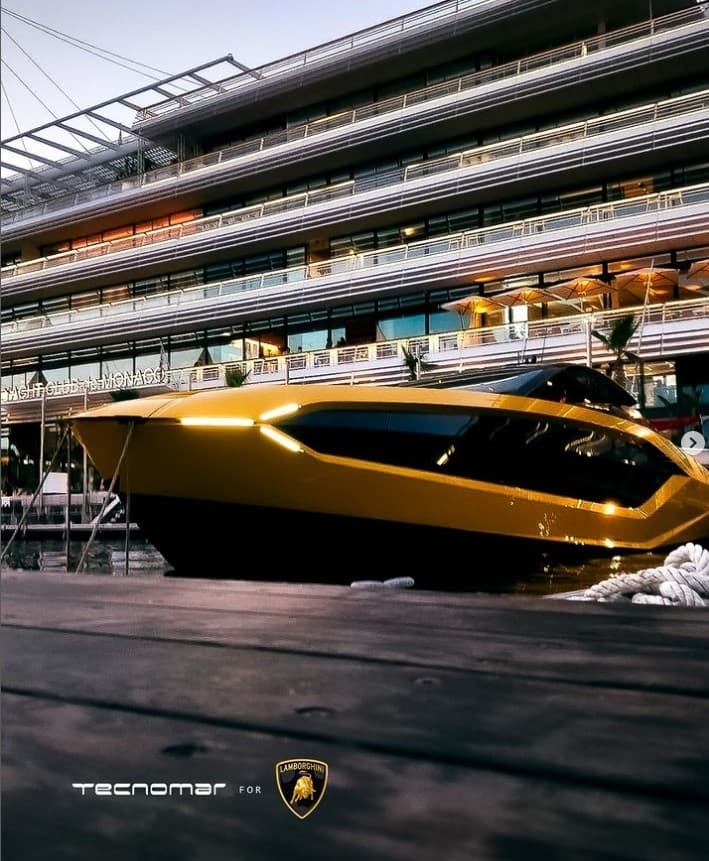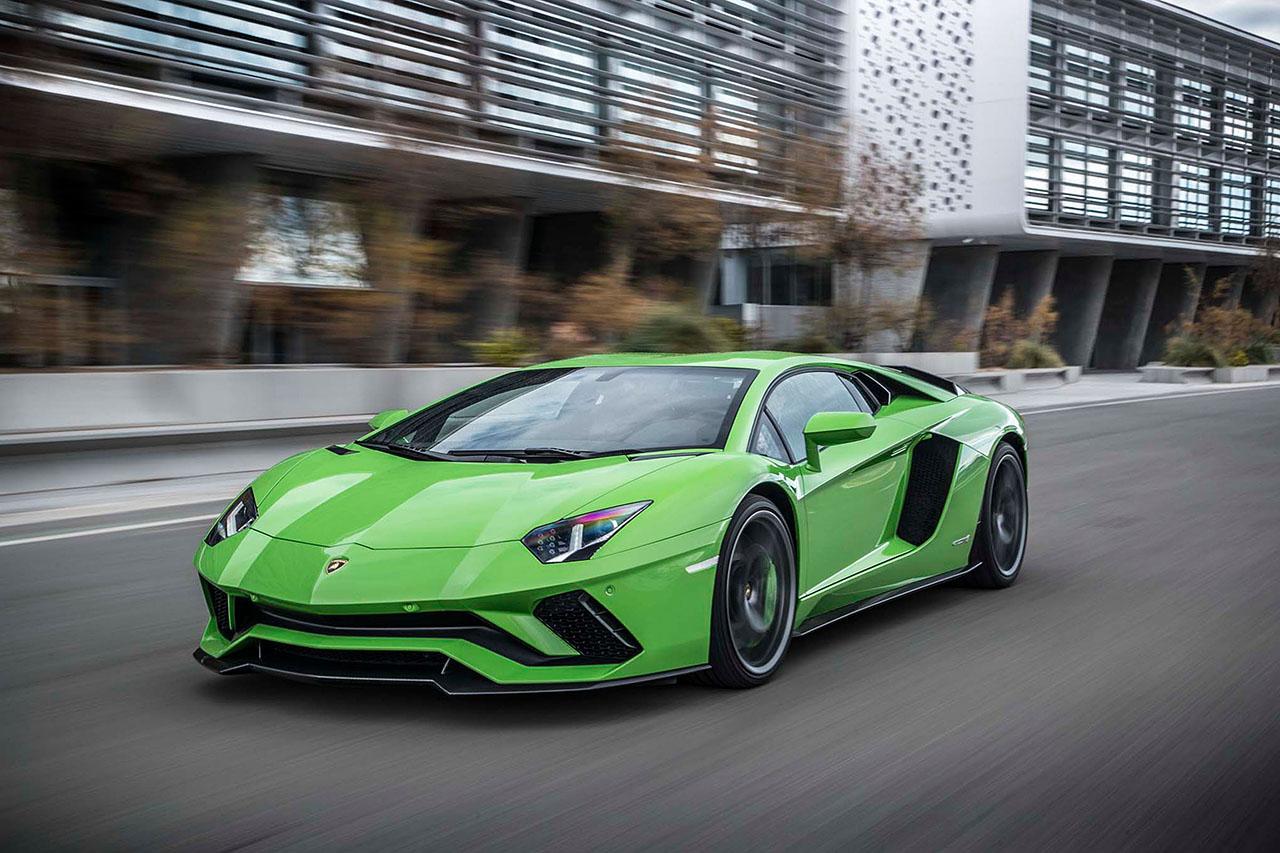Monterey Car Week on August 18th marks a watershed moment for Lamborghini as the Sant’Agata Bolognese-based luxury sports car maker reveals its first-ever 100% electric concept. With competitors already pushing ahead with high-performance electric models, Lamborghini is ready to embark on a new era of electrification.
The recent teaser image of Lamborghini’s electric concept on social media set off a wave of excitement and speculation. Fans expressed anticipation and nostalgia, calling for everything from a V8 to replace the Huracán to a 12-cylinder engine and even an affordable model. Of all guesses, the consensus points to a fully electric vehicle, aligned with the brand’s public goal to debut an all-electric car by 2030.
Lamborghini’s Electrification Strategy
With the brand already selling out of its last purely gas-powered cars in July, electrification is becoming “increasingly concrete and tangible” for Lamborghini. The journey began with hybrid models like the Revuelto plug-in and the SC63 Le Mans Racer. According to a recent report, Lamborghini CEO Stephan Winkelmann’s comments about the first all-electric model being more “daily useable” highlight the brand’s intent to offer practicality without compromising performance.
The New Platform
The first electric Lamborghini will ride on a new platform, “SSP Sport,” with development being led by Porsche. Set to release in 2028, the electric model’s timing aligns perfectly with the 60th anniversary of the Lamborghini Espada, the brand’s renowned 2+2 grand tourer (GT). The design will maintain 1,000% of the Lamborghini’s DNA and be distinct from the Aventador, Huracan, and Urus, all due for electrified upgrades.
Performance Comparison
The move to electric comes amid a landscape where competitors like Rimac have introduced electric hypercars capable of 0 to 100 km/h (approximately 0-62 mph) in just 1.74 seconds. The Lamborghini Aventador SVJ Roadster achieves the same speed in 2.8 seconds.
Reflection on Tradition
The transition to electric might seem like a departure from tradition, but the brand’s exploration of four-seat sedan concepts, like the Estoque in 2008, suggests a well-thought-out evolution. The decision to go electric also echoes Winkelmann’s belief that a “full EV can be even more emotional than an internal combustion-engined car.”
Lamborghini’s electric supercar concept reveals promises to be more than just unveiling a new model. It represents a symbolic leap into the future, uniting a legendary past with innovative technology. The world will watch closely on August 18th, eager to see how this iconic brand balances its rich heritage with the demands of an electrified automotive future.




